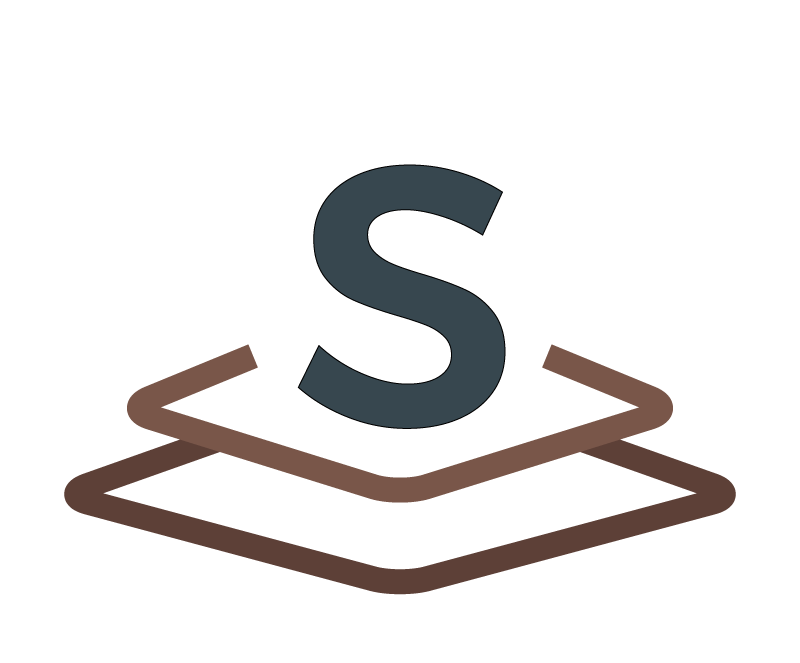Slayd | When Landslides Strike
The Challenge | When Landslides Strike
Slayd
Landslides are a serious geologic hazard! They cause $2-3 billion in damages every year, in US alone! We bring you a platform, to visualize the Global Landslide Catalog and the PMM in a way more interactive style. User-Friendly , Crowd-Sourced , and RAD ;)

Behind the scenes
When soil, rock, and other earth debris can no longer hold it together and give way to gravity, landslides happen. And trust me guys, they create lots of fuss!! For example once In a record-breaking storm in the San Francisco area in January 1982, some 18,000 debris flows were triggered during a single night! Property damage was over $66 million. Sounds insane right? But this is not the entire point !! Unlike for any other natural hazard, predicting a landslide is damn challenging. NASA has all the raw data required, and thats the main issue! They have an abundance of data, its too much for even them to handle, due to which they end up designing complex platforms for public use of such data. So this is the problem we are going to work upon for this year's hackathon.
We at Slayd, intend to make an interactive platform for letting the public visualize the Global Landslide Catalog in a more RAD way and even contribute to this database, by crowdsourcing images and other stuff. Come along!!
Existing Solutions-
At present, we have different types of land-based instruments and sensors to predicts landslides, and guess what , stuff like this exists only in developed countries, for example in India which is a developing country, There exists no public records or analysis of Landslide damages or DATA even.
Why is our solution better?
Slayd aims at providing all the raw data to the users around the globe, to explore the GLC in a more interactive and user-friendly way. And even predict the future possibilities of landslides
Why study the history?
Why should we study the history, or the historical record of the landslides? The answer is simple!!
- Lets assume, that the occurrence of landslides is determined by certain geologic factors.
- And that future landslides will occur under the same conditions as past events, right?
Here we are!! Therefore, it is necessary to establish a relationship between the geomorphologic conditions in which the past events took place and the expected future conditions. And that is why my friend, we require to study the recorded Datasets of the GLC.
_________
SpaceApps is a NASA incubator innovation program.

